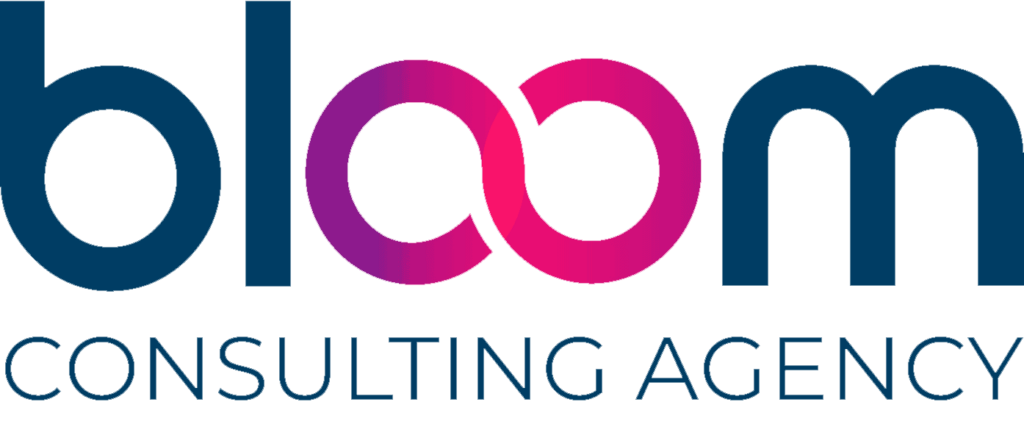Insurance companies require providers to obtain permission to perform certain services before payment. The average timeline for pre-authorization of services is five to thirty days, depending upon the patient’s plan and the insurance company. Understanding protocols can reduce denials and ensure payment to the provider. So what is authorization in medical billing?
Factors involved with granting authorization are similar for many insurance companies. Obtaining service authorization is typically enlisted through personnel familiar with insurance companies requirements. What is authorization in medical billing? Insurance companies require the correct details of the patient, services performed, the diagnosis involved, and why the service is necessary for the patient to monitor payments made to the provider.
Authorization in Medical Billing
Authorization for services rendered by a provider is designed to monitor service payments for expensive procedures. Providers must obtain approval for certain services. Without authorization, the insurance company has no legal obligation to pay the provider.
Each patient has a different insurance company and plan for paying premiums. Many patients need help understanding the terms of their medical insurance policy. This can lead to confusion in payment to the provider for services rendered. Without proper protocols, patients call the billing department asking what is authorization in medical billing?
A high percentage of the population needs to realize the importance of obtaining authorization for their care. The key to getting the authorization is proving the medical necessity for a procedure using the correct coding and diagnosis. The insurance company’s requirements are strictly outlined for payment to be approved. What is authorization in medical billing? It is an essential step for ensuring the revenue cycle is not interrupted by the denial of payment.
Situations Where Authorization is Required
Authorization does not guarantee the insurance company will make payment, but with approval for certain services, they generally approve reimbursement. So what is authorization in medical billing? Authorization restricts risky and expensive treatments from being performed without medical necessity. Each insurance plan requires pre-authorization. The following factors are included in determining the need for prior authorization. Additionally, there are vast differences between physical and behavioral healthcare plans.
- PPO plans (preferred provider organization) will only pay providers within their list of providers
- PPO plans require authorization for inpatient hospital services, inpatient rehab, and acute care
- Skilled nursing visits, home infusion therapy
- MRAs and MRIs
- PET Scans, CT, and CTA scans
- Durable medical equipment (DME)
- Some medications
In most cases, but not all, outpatient emergency services and post-stabilization services do not require approval.
Authorization Request Submission Process
What is authorization in medical billing? First, it’s submitting required information to the insurance company before a provider has performed a service. Electronic requests and submissions expedite this process through insurance portals. With the onset of electronic health records and software, paper forms are slowly being replaced by the electronic request process. Faxed requests are another form of submission for some insurance companies.
Insurance companies vary in their required information for approval for service, but generally, authorization requests must include the following information:
- Patient Demographic Information: name, date of birth, sex, insurance identification number, subscriber name and date of birth, address, and phone number
- Provider Identification factors: provider name and address of practice, tax ID number, national provider identification number, phone, and fax
- Place of service: the correct coding of the location of service is required to determine approval
- The requested procedure includes correct CPT or HCPCS coding and ICD10 diagnosis codes.
- The predicted length of care with inpatient services
- Medical tests, results, and notations from previous medical care may be additionally required for approval
Preventing Denials Related to Authorization
As you can see, the protocols are simple to process an authorization request, and all insurance companies determining factors for approval are similar. Streamlining the process will prevent denials in payment related to authorizations. Not following proper protocols can present a stumbling block for patients needing care.
In some cases, the insurance company will deny the treatment for payment. Then, the provider must have the billing department appeal the denial and give additional supporting documentation. This process can be lengthy and disrupt the care of the patient. Therefore, understanding what is authorization in medical billing is essential knowledge for providers and billers.
Following these guidelines can prevent claim denials due to authorization:
- Early submission of approval requests before treatment.
- Billers must display authorization numbers in the correct field on the claim form.
- Providers must supply billers with proper coding indicators, codes, and diagnosis codes.
- Monitor claim rejections with care. Contact the payer for claim rejections with no explanation codes.
One choice of all providers or billing departments is to house their prior authorization personnel or outsource authorization to specialists. Speaking to a healthcare consultant can assist with this decision. If claim denials due to missing or denied authorization disrupt the revenue cycle, it is wise to review this problem. In fact, Bloom Healthcare Consulting can advise you on where to begin with, this crucial billing dilemma.
Find Help In Learning More about Authorization in Medical Billing in Florida
Providers in Florida experiencing denials from authorization issues can find guidance by contacting us. In addition, Bloom Healthcare Consulting in Florida provides insightful education concerning what insurance companies require for prior authorizations. Don’t let denial interrupt the practice revenue cycle. Contact us to develop a successful prior authorization protocol for your medical practice.









